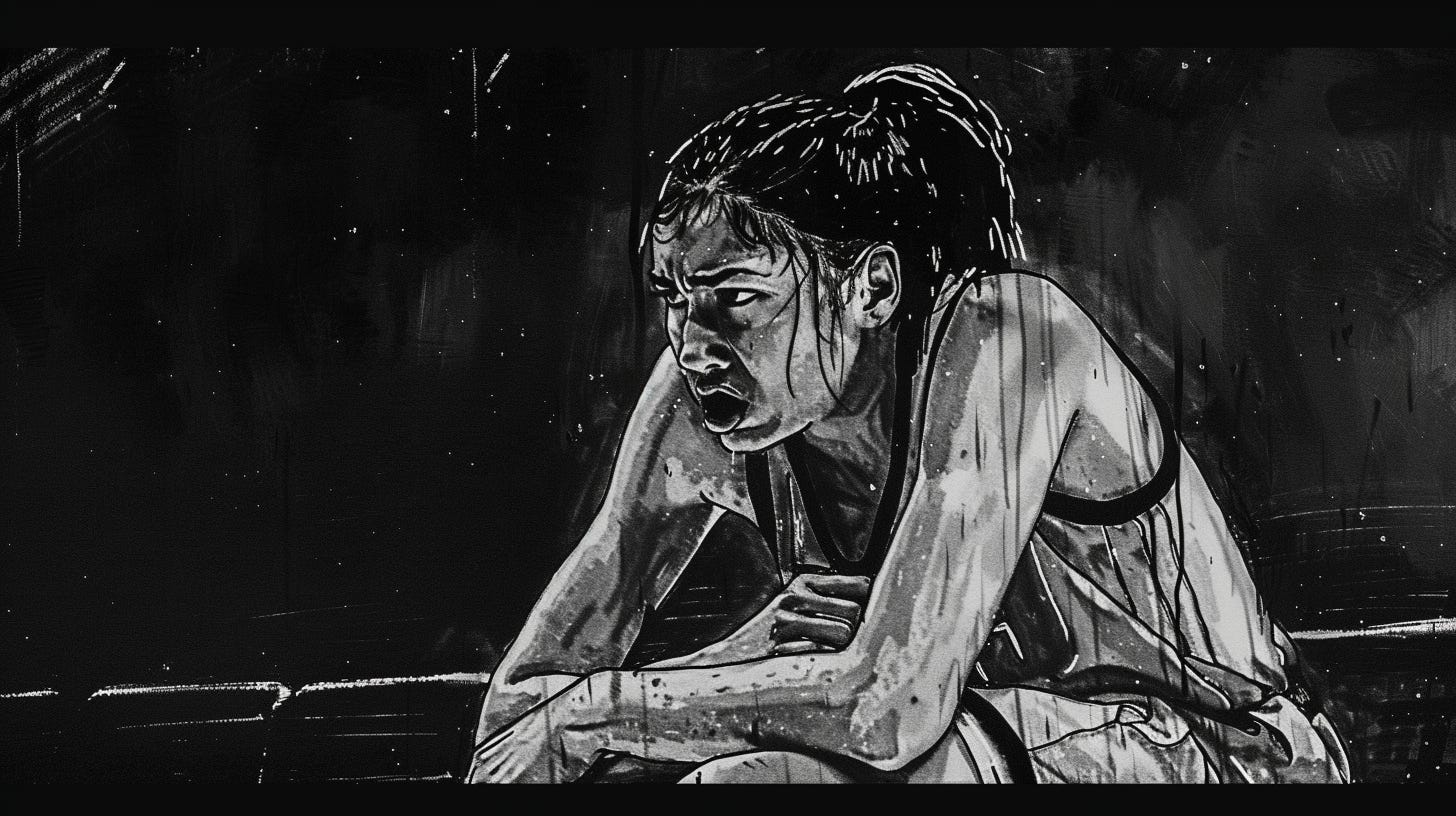Inside the Game: Understanding Substitution Decisions in Basketball
what is good for the team may not be what is good for a player; and what is good for a player may not be what is good for the team.
As a basketball player, you’ve likely experienced the highs of being in the game during a critical moment and the confusion of being substituted out just when you felt you were hitting your stride.
Substitutions are a fundamental aspect of the sport, but they can sometimes be puzzling.
Recognising and understanding that each substitution is a strategic decision made by your coach, to enhance performance can help you see the game differently.
Here’s a breakdown of why coaches make certain substitutions and how these decisions are vital during games.
Strategic Rest
Basketball is intense and demands high energy.
Your coach might substitute you to give you a brief rest so you can perform at your best, especially towards the end of the game.
Remember, being pulled out for a rest isn’t a negative reflection on your performance—it’s about maintaining your energy levels for crucial moments.
Managing Foul Trouble
Fouls are part of the game, but accumulating too many too early can risk your participation in crucial game segments.
If you find yourself being substituted after picking up a couple of fouls, it’s likely your coach is thinking ahead, saving you for later parts of the game where you’ll be needed most.
Tactical Adjustments
Sometimes, the game demands a change in strategy.
Maybe the coach sees an opportunity to exploit a matchup advantage or needs to counter a strategy from the opposition.
These tactical substitutions are about adapting to the flow of the game and can often be the difference between winning and losing.
Energy and Effort
Coaches keep a keen eye on the energy levels on the court.
If you’re substituted after a period of low energy, it might be a signal from your coach that the team needs a spark.
This isn’t just about your performance but sending a message to the team about the intensity required.
Player Development and Team Dynamics
Substitutions can also be about developing less experienced players or finding the right chemistry on the court.
If you see teammates getting game time in different combinations, it’s often the coach testing out team dynamics and building experience, which strengthens the team in the long run.
Injury Prevention
If you’re coming off an injury, your coach will likely manage your playtime to avoid any setbacks.
This cautious approach ensures your health is prioritised, which might sometimes feel limiting but is essential for your long-term athletic career.
The Importance of Understanding
Understanding why coaches make these decisions can help you see the bigger picture beyond your individual experience in the game.
Recognising the strategy behind substitutions can enhance your trust in the coaching decisions and clarify that each choice is made with the team's best interest in mind.
Communicating with Your Coach
If you’re unsure why you were substituted or would like to understand more about your role during games, don’t hesitate to talk to your coach.
Open communication can clear up any misunderstandings and give you insights into how you can improve and what the coach expects from you in different situations.
To Err is Human
Every substitution has a reason, often rooted in strategy, player safety, and overall team effectiveness.
By understanding the thought processes behind these decisions, you can better adapt to your role within the team, whether you're on the court or supporting from the sidelines.
There are two additional things worth making a note of here:
Sometimes what is good for an individual player may not be what is good for the team at a specific moment and what is good for the team may not be what is good for an individual player - these are things that coaches are aware of and have to balance out in the flow of the game.
Coaches are humans too and they are apt to make mistakes. As a coach, I welcome questions and conversations with my players as long as they are with the intent of understanding and growth. When players seek to question (challenge) the coach’s decision, then the conversation goes down a different path.




